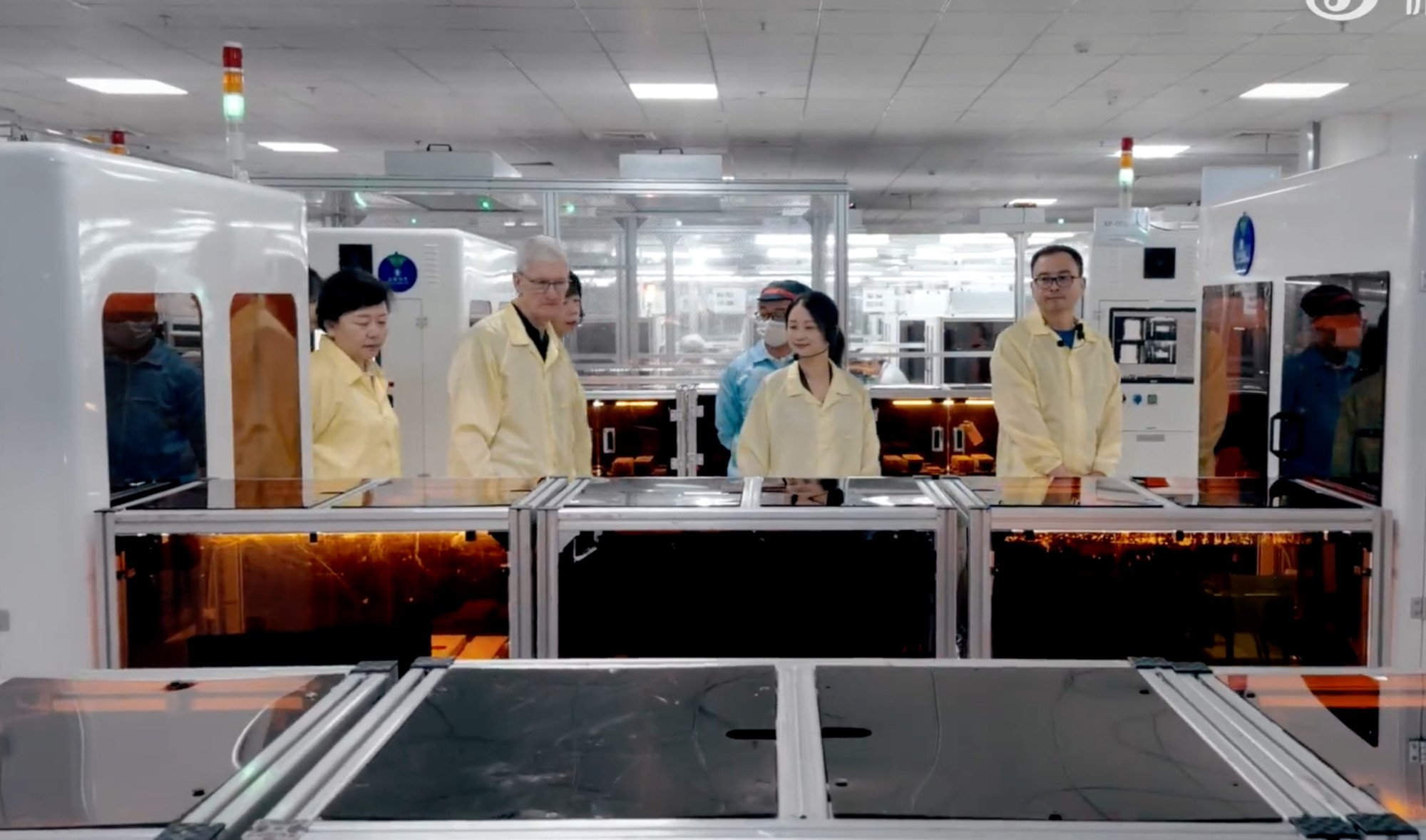In a meeting on Thursday with Jin Zhuanglong, who heads the Ministry of Industry and Information Technology (MIIT), Cook said Apple will continue to support its supply chain partners in China and help them grow, and that it will create a better ecosystem for local developers, according to a statement from the ministry.
In August, the MIIT issued a notice requiring all apps in China to “register” with mainland authorities by the end of March 2024. Apple later updated its app store rules asking app developers to obtain proper Chinese licensing before they could be available for downloads, a move that fanned concerns that domestic consumers’ access to foreign apps would be denied.
Dumped Apple supplier Ofilm gets lifeline as Huawei contractor
Dumped Apple supplier Ofilm gets lifeline as Huawei contractor
The ministry’s statement about Cook did not mention the new app rules.
According to the statement, Cook said Apple would actively be involved in China’s high-quality development and contribute to building an eco-friendly and intelligent manufacturing industry in the country.

Jin said in the meeting that he hoped Apple would continue to invest in China, and achieve a “win-win” by taking part in the industrial upgrade of the country. He also noted China would further open up to the global economy as it recently announced the removal of restrictions against foreign investment in the manufacturing industry.
Cook’s latest visit underscores the importance of mainland China, which has the world’s biggest internet user population and largest smartphone market, as Apple’s manufacturing hub and major overseas market.
It also came as the latest iteration of Apple’s iPhone is facing stiff competition in the premium segment of the country’s smartphone market.
“China’s headline numbers for the [iPhone] 15 series are in the red, and this is a reflection of the broader decline in consumer spending [in the country],” said Counterpoint Research analyst Mengmeng Zhang in a report published on Monday.
The first 17 days of iPhone 15 sales were down 4.5 per cent in China compared to the launch of the iPhone 14 last year, according to data from Counterpoint.
